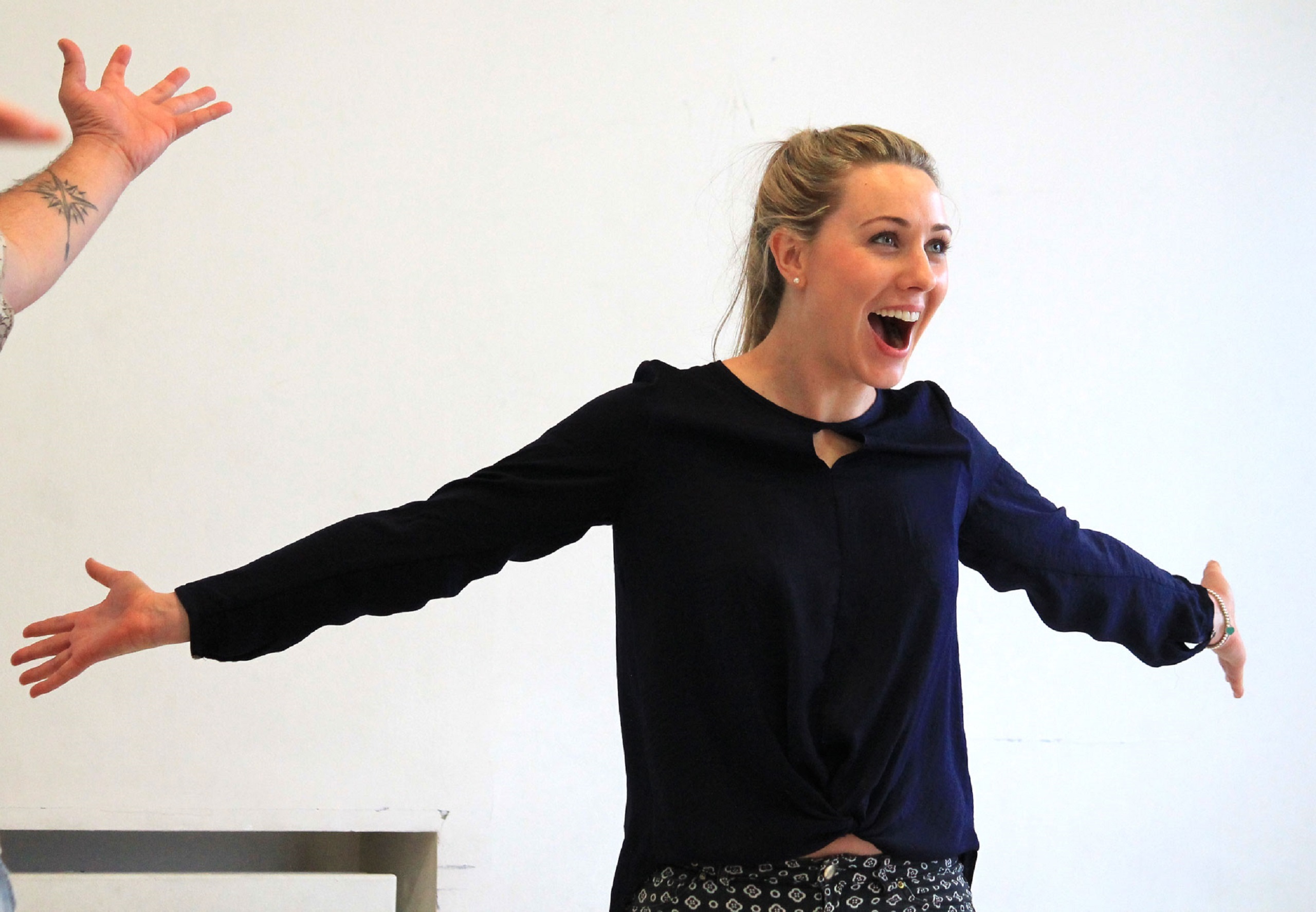Advice & Tips for your Drama School Audition
Friday, October 7th, 2016 at 5:25 pm | General Rants, Resources, Uncategorized
You’ve submitted your application, you’ve received your Round 1 audition date and time and the day has finally arrived. Insomnia got the better of you the night before and now you’re feeling tired as well as nervous. But hey, at least you’re prepared … or so you think you are.
Preparation is the key to success for every audition, especially for the Gaiety School of Acting – the National Theatre School of Ireland. And that doesn’t mean just remembering all of the lines. Finding the right monologues that are age appropriate and engaging will help you to stand out from the crowd. Monologues should be contrasting in order for us to gauge your range of acting ability. For example, if you choose Juliet’s speech before she takes the potion, then it would be wise for you to go for a comedic contemporary piece for your other monologue. On the other hand, if you’re a strong singer and would like to perform a monologue which would encompass a song, by all means, go for it. Playing to your strengths is always a good thing.

When it comes to choosing your pieces, never pick them from a monologue book. It’s important that you read the plays in their entirety so that you understand the motives and complexities behind the character’s speech. There is nothing worse than a one-dimensional performance and the audition panel will recognise an ill-prepared monologue immediately. You may also be asked questions about the character and why you chose the piece or if you felt a particular affinity to him/her. We want to make sure that you’ve done your research. This indicates to us your level of attention to detail and commitment – traits that we look favourably upon at the GSA. Film might be your thing but it doesn’t work when it comes to general theatre auditions. We’ve experienced way too many Marlon Brando impressions for our liking so steer clear!
We tend to see the same audition pieces over and over again and there’s good reason for that. Some stand the test of time better than others. However, to ensure that your contemporary monologue isn’t being performed to the audition panel for the fifth time that day, consider doing a piece of new writing from a play that you have seen and enjoyed recently. Consider something from Fishamble’s ‘Tiny Plays for Ireland’ or from the Rough Magic SEEDs programme. Don’t be shy about approaching the production companies if you wish to read a script of a play that has already been staged but has yet to be published. There is a lot of goodwill amongst the theatre community and they will take it as a compliment that you want to use their material for an audition. Another useful source is the Irish Playography website – http://www.irishplayography.com/
So you’ve chosen your monologues, read the plays inside out and could probably deliver an hour long seminar to PhD candidates. Now to test it on a willing faux panel! Ask your drama teacher, your English teacher (if you’re still in school) or a fellow thespian to watch you rehearse; or even sign up for an online one to one class. As the old saying goes, practice makes perfect.
One of the vital elements of your audition is your voice. The panel need to be able to hear you so it is essential that you are clear and articulate in your delivery. And use your own accent. It can detract from your performance if your ‘Noo Yawk’ accent is terrible. Same goes for a Shakespearean monologue.

Movement and gesture may be fundamental when it comes to embodying the character fully but stillness can be just as powerful. Think about how the character might move. Use movement wisely and naturally. There is nothing more frustrating than seeing an actor walk erratically around a room, head bent, when the character calls for a performance that should be centre stage and directed outwards.
Be flexible. You may be asked to perform your monologue in a different tone or directed at one of the panel members. You will need to be able to think on your feet so don’t get locked into performing your pieces just one way. Play with the words, play with the gestures, play with the blocking.
Following your audition, the panel will want to learn more about you, the person. How passionate are you about acting, theatre, the Arts? When did you last see a play? Why choose the Gaiety School of Acting? Why train? They want to get a sense of your commitment to the craft, your openness to learn, to understand your motivation to become an actor and your ambition to create.
You have 15 minutes to shine. Energy, preparedness and adaptability will help you over the line. That and good old raw talent. Think of it as a performance with a captive audience. Try to remember the panel are real people too and they want you to succeed. And most importantly, enjoy the experience and the lifetime of opportunities it may bring.
_________________________________________________________________
Karen Lee, Full-Time & International Programme Coordinator




